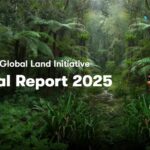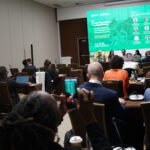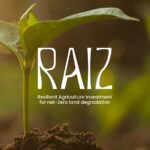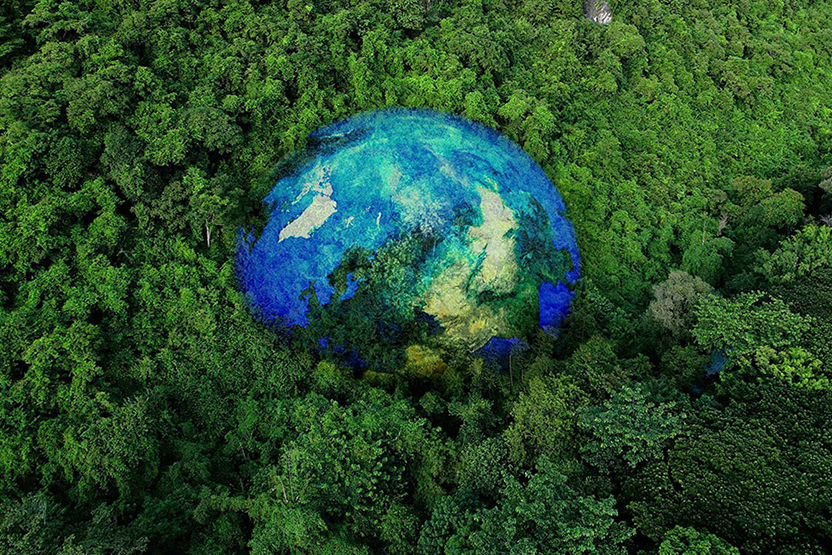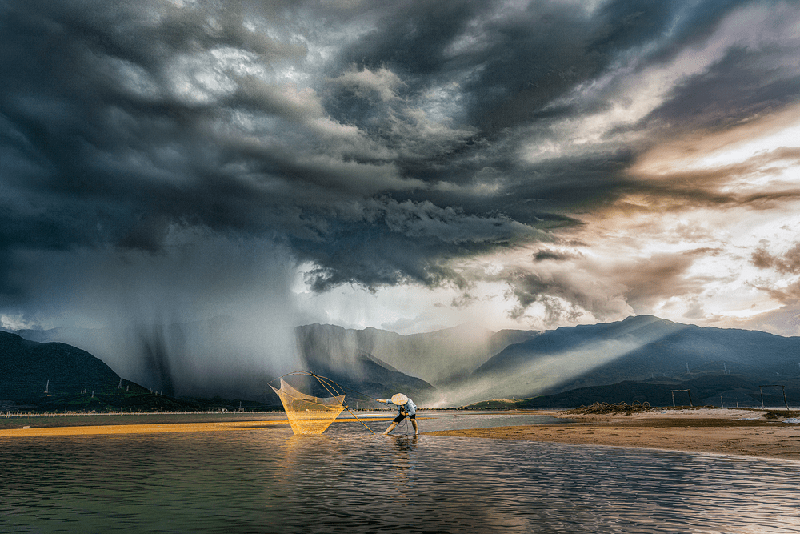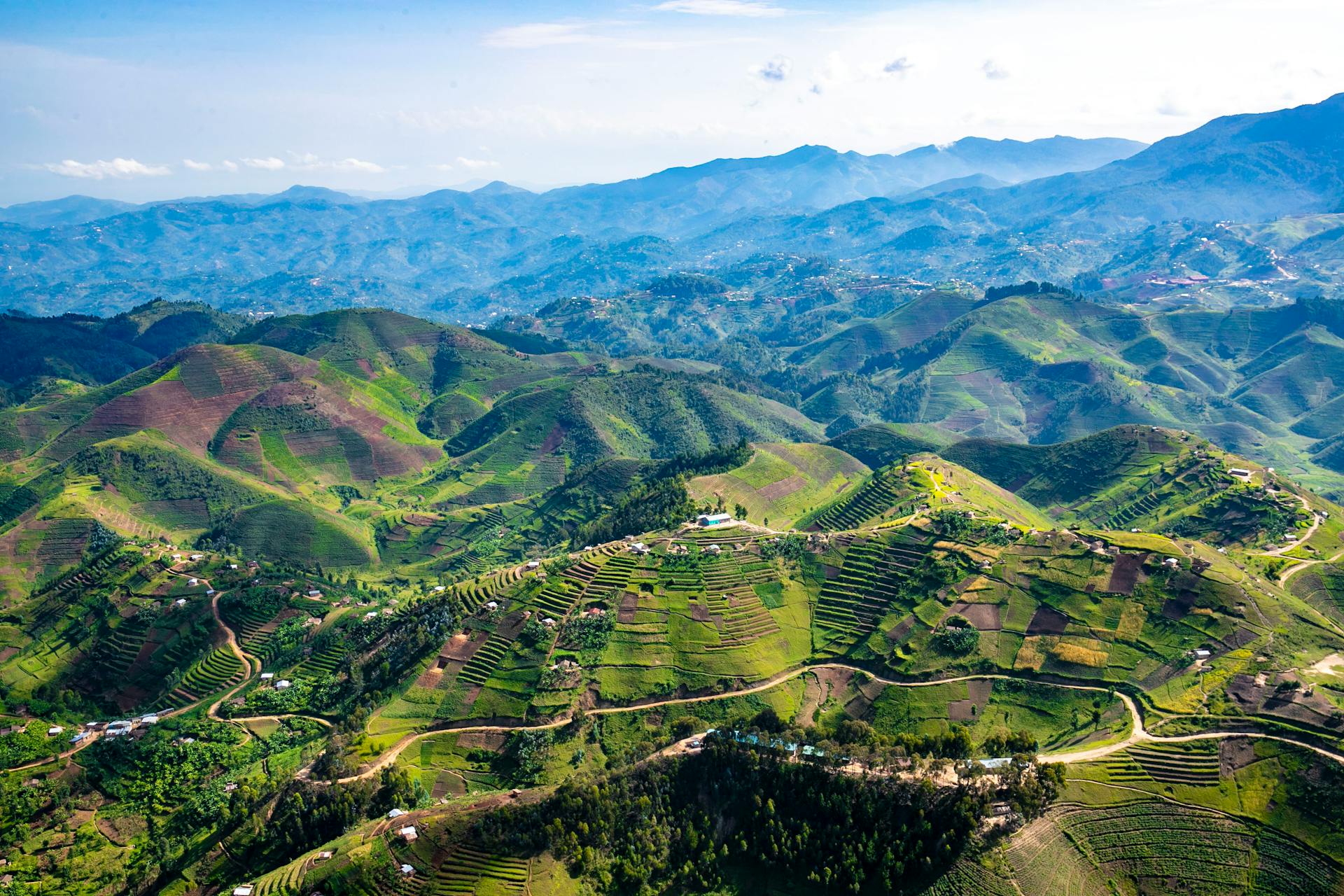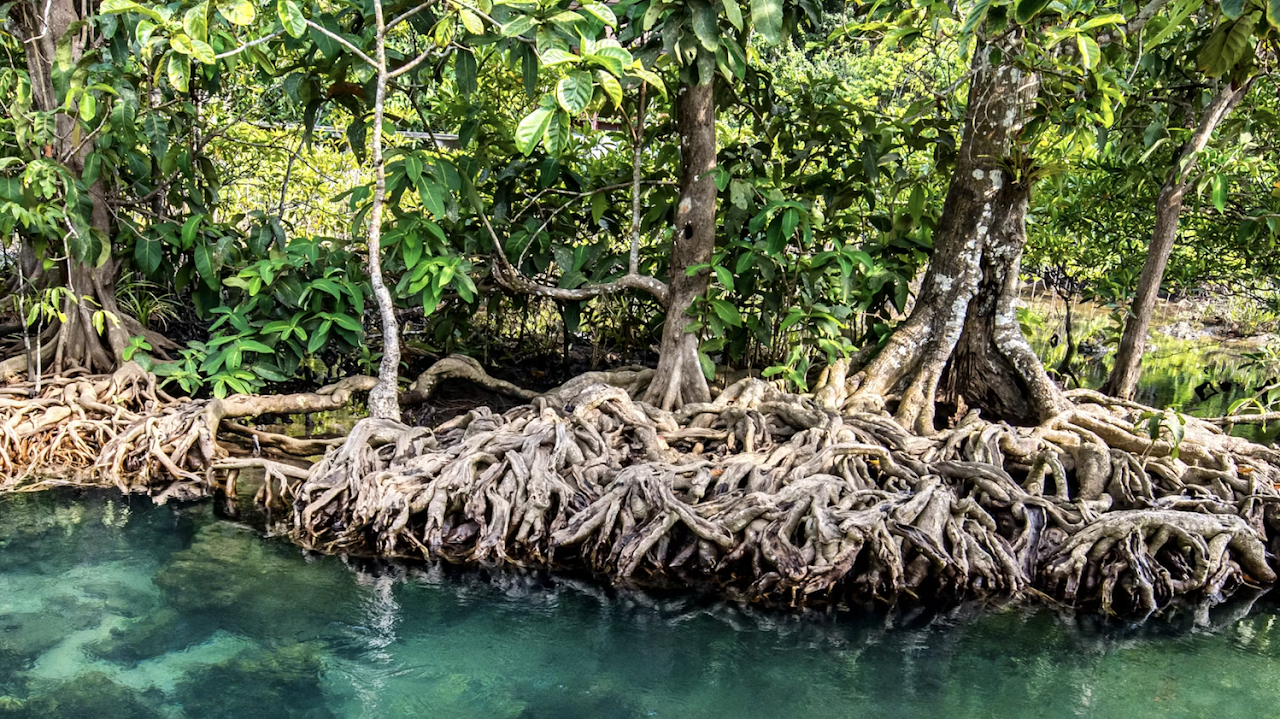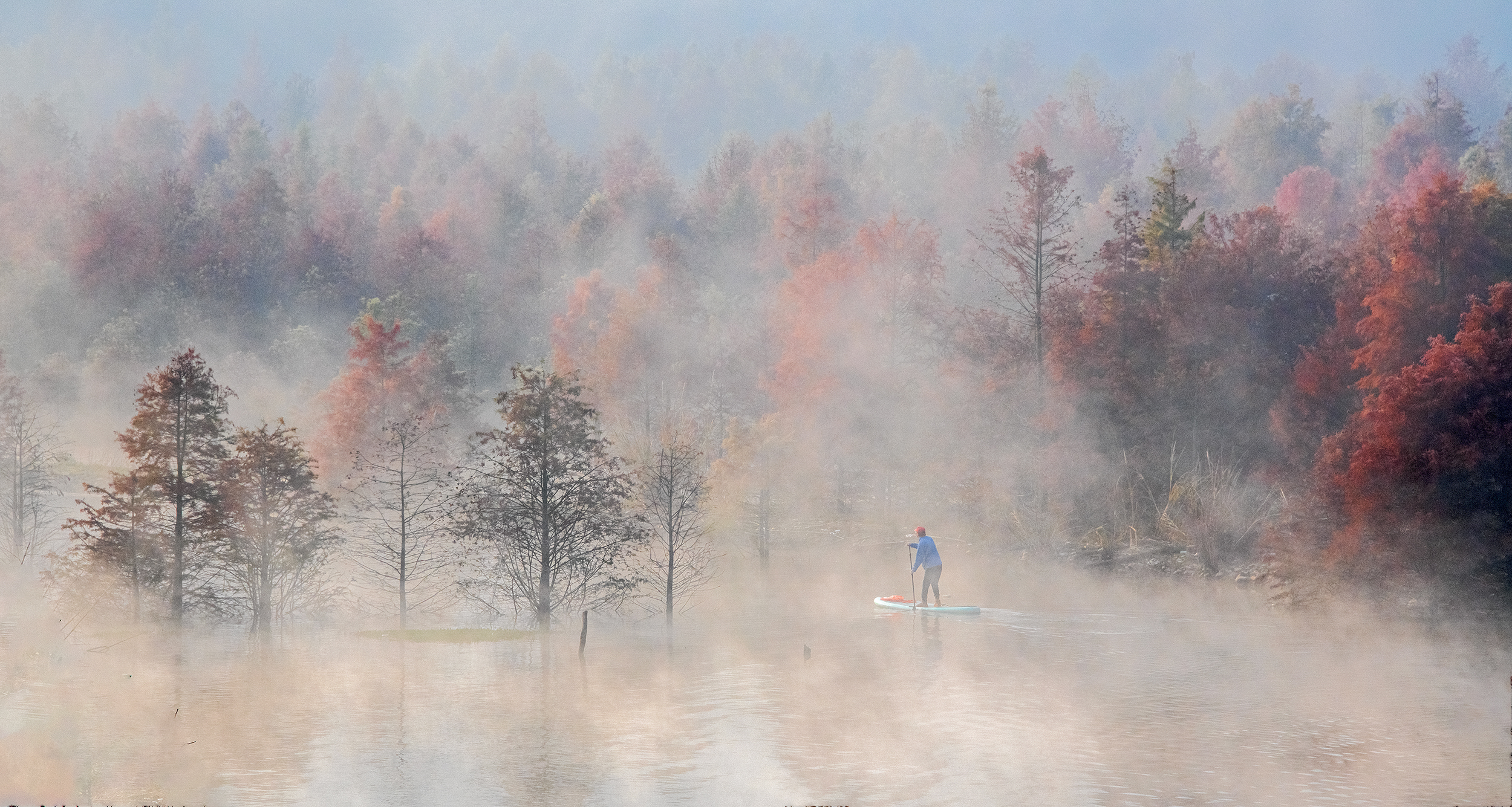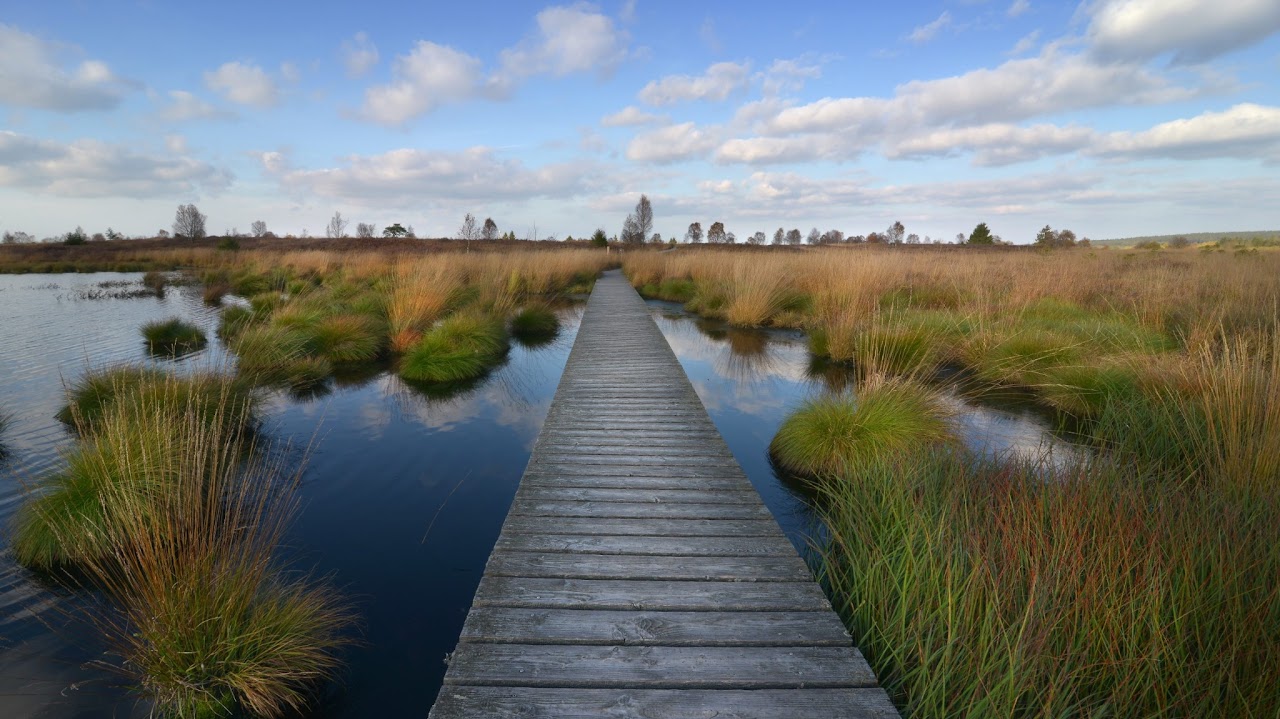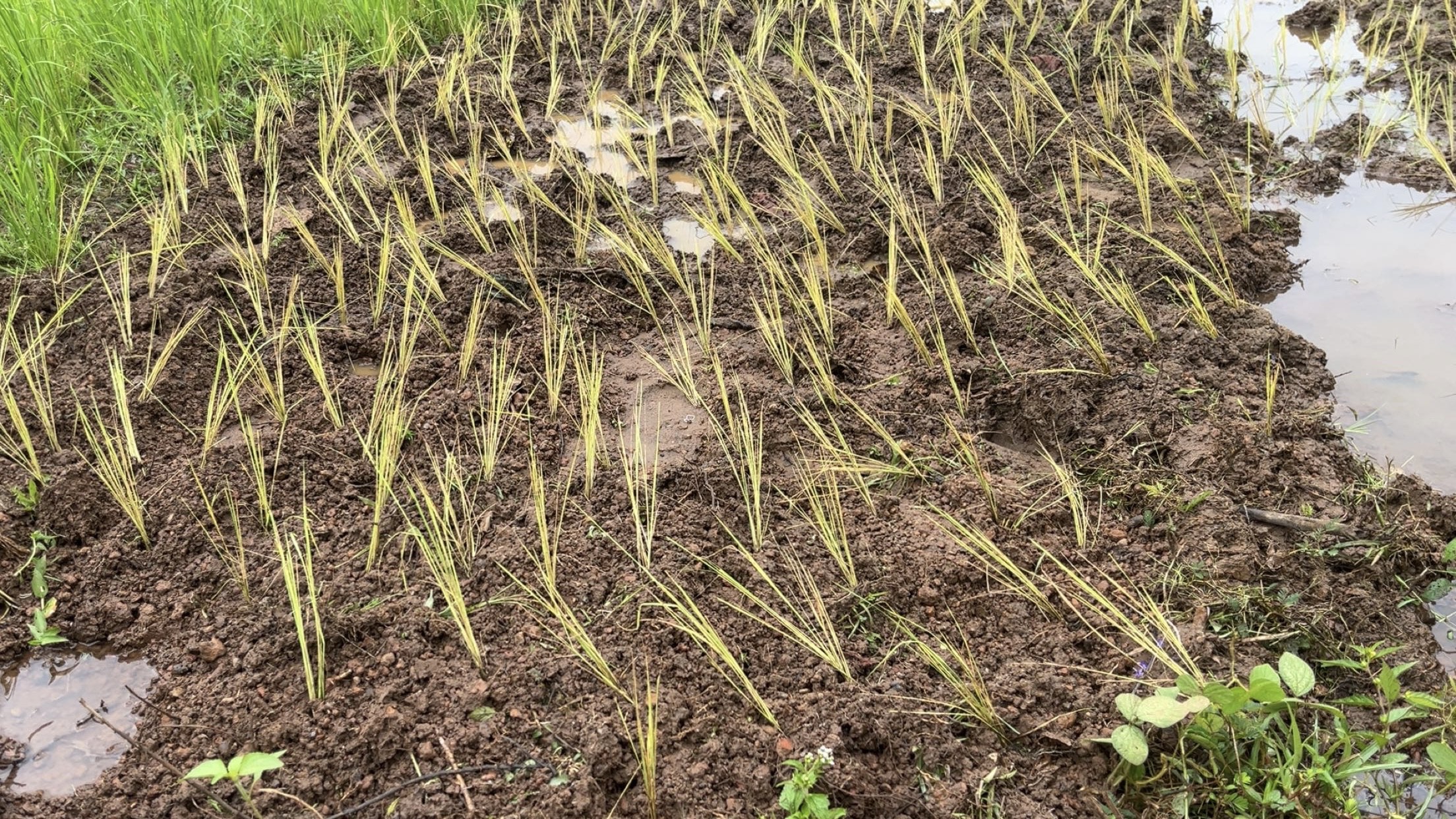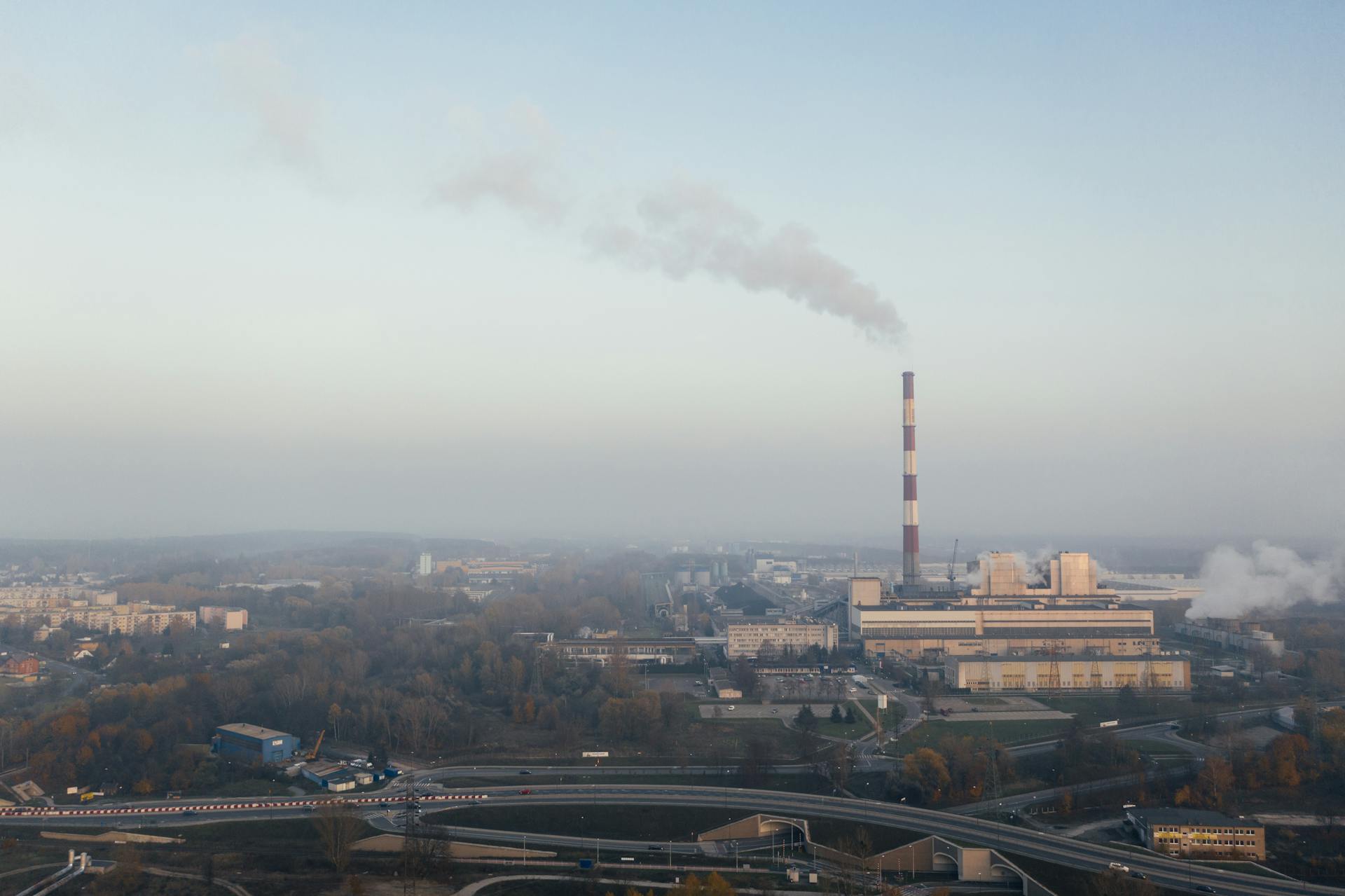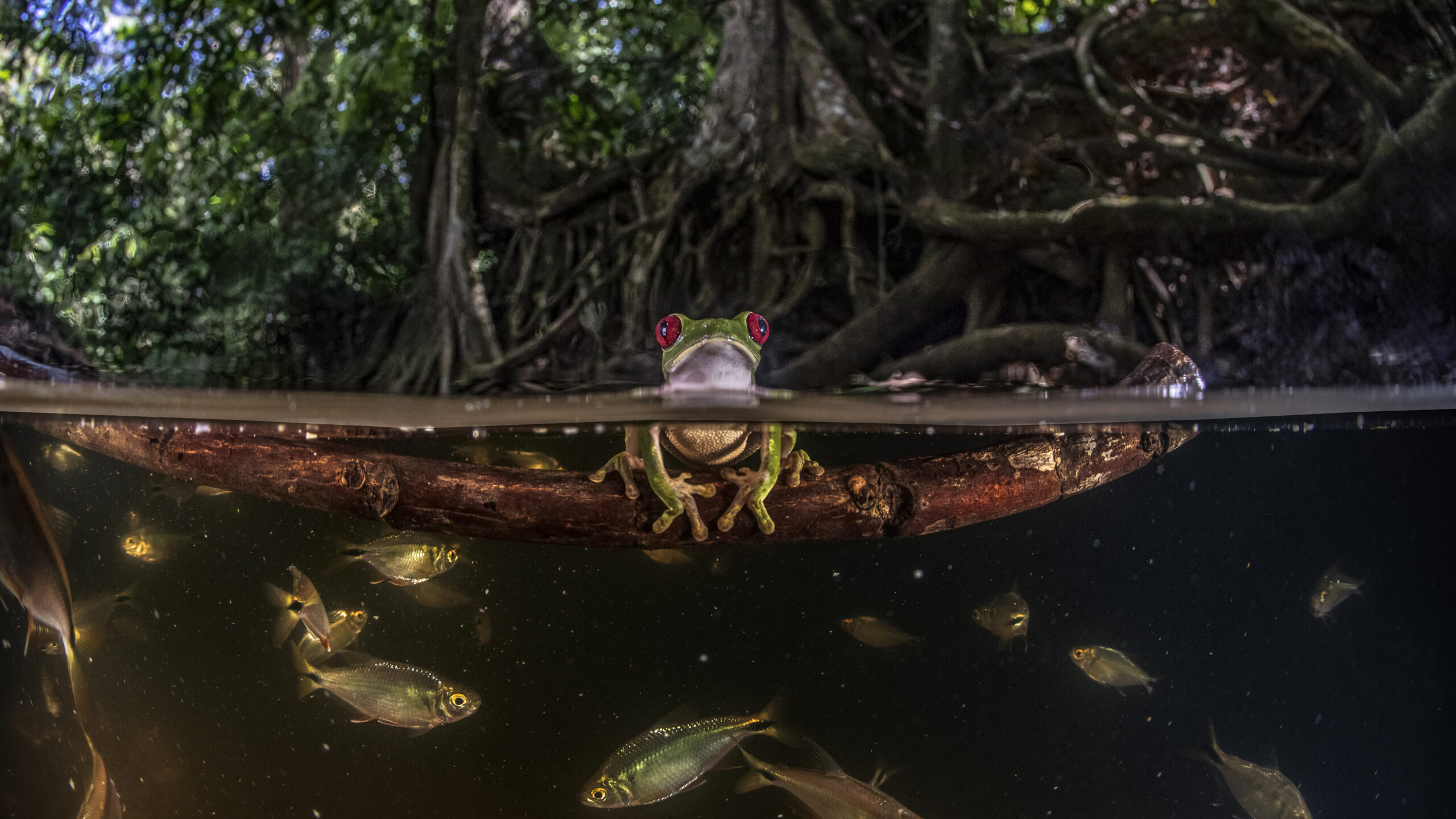Latest News and Updates
Sustainable Initiatives in Conservation and Innovation
14:00 - 15:00
1 hour
Innovation stage
14:00-14:15 - Tackling the ecological, economic, and human health impact of the invasive sargassum seaweed
SOS Carbon, a spin-off from the MIT, pioneering sustainable ag-tech solutions to accelerate the disruption of the chemical intensive agriculture industry by working at the intersection between the oceans, invasive seaweed, and natural fertilizers or biostimulants. Through a vertical integration, SOS Carbon transforms the social, environmental and economic crisis created by sargassum seaweed invasion in the Caribbean and USA region into value-chains to mitigate irresponsible industries and overused products like synthetic fertilizers.
Speaker
14:15-14:30 - Harnessing AI and smart technology to monitor afforestation activities
Netzero is an environmental platform specialized in providing nature based solutions in one of the harshest climates on Earth. We harness AI and smart technology to make afforestation easy, impactful, and transparent. Every tree planted is tracked, its environmental benefits measured, and its journey shared with the world. Our vision is a greener, more sustainable Middle East, where technology meets nature to combat desertification and protect our planet for future generations.
Speaker
14:31-14:45 - Sharing a framework for environmental education in schools through the maintainment of school kitchen gardens
In 2018, the Nepalese government introduced the Green School Guideline to promote sustainable practices in schools. Wildlife Conservation Nepal (WCN) has contributed significantly to this initiative by supporting in the formulation of the directive and in designing the six key components (promotion of greenery, waste management, water management and sanitation, energy conservation, eco clubs and innovation )of the Green School framework for Nepali schools based on its extensive 15 years of practice in interactive Environmental Education sector in Nepal. WCN works with schools around the country to establish school gardens by reclaiming land, training teachers on sustainable gardening practices and getting youth excited about growing their own food. These gardens not only promote the cultivation of local food but also integrate environmental education into the curriculum, helping students appreciate traditional food heritage. Additionally, WCN emphasizes energy conservation, waste management, water management, biodiversity conservation, and the promotion of greenery. Through these efforts, students are empowered to grow their own food, fostering self-sufficiency and sustainability within their communities.
Speaker
14:46 - 15:00 - Incorporating technology into seed planting, monitoring and management to enhance land restoration
Ceres Seeding is an ecological restoration company that seeks to combine technological development with environmental maintenance and restoration. They work daily to bring more scale to the restoration of our ecosystems. They promote technological and sustainable solutions for projects to recover areas in various conditions of degradation. The company offers services for the most diverse environmental recovery processes involving: mapping and identification of the area, planting forest seeds and monitoring the project's progress.




